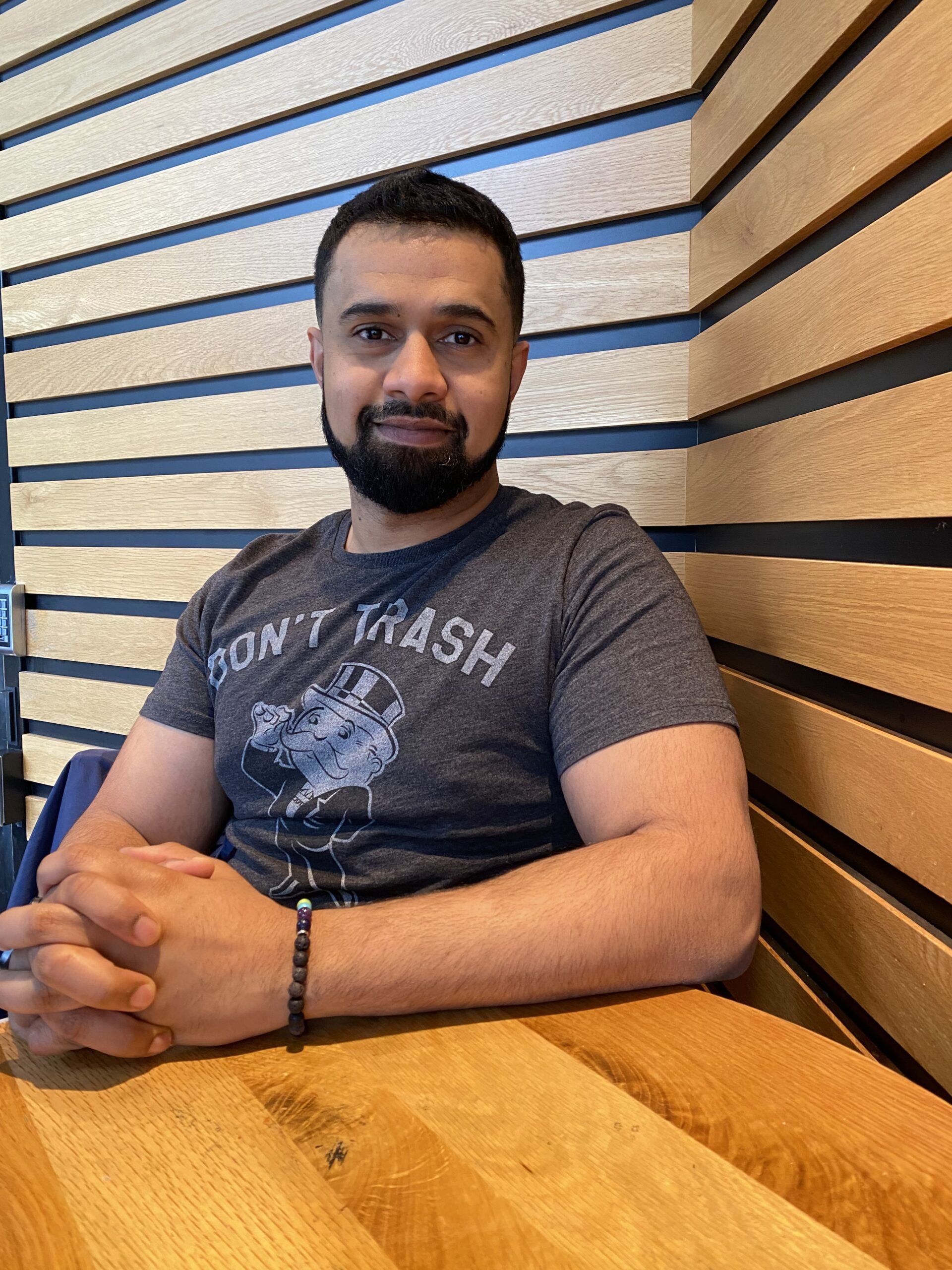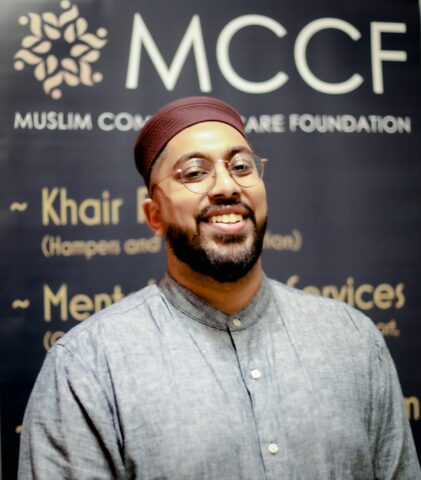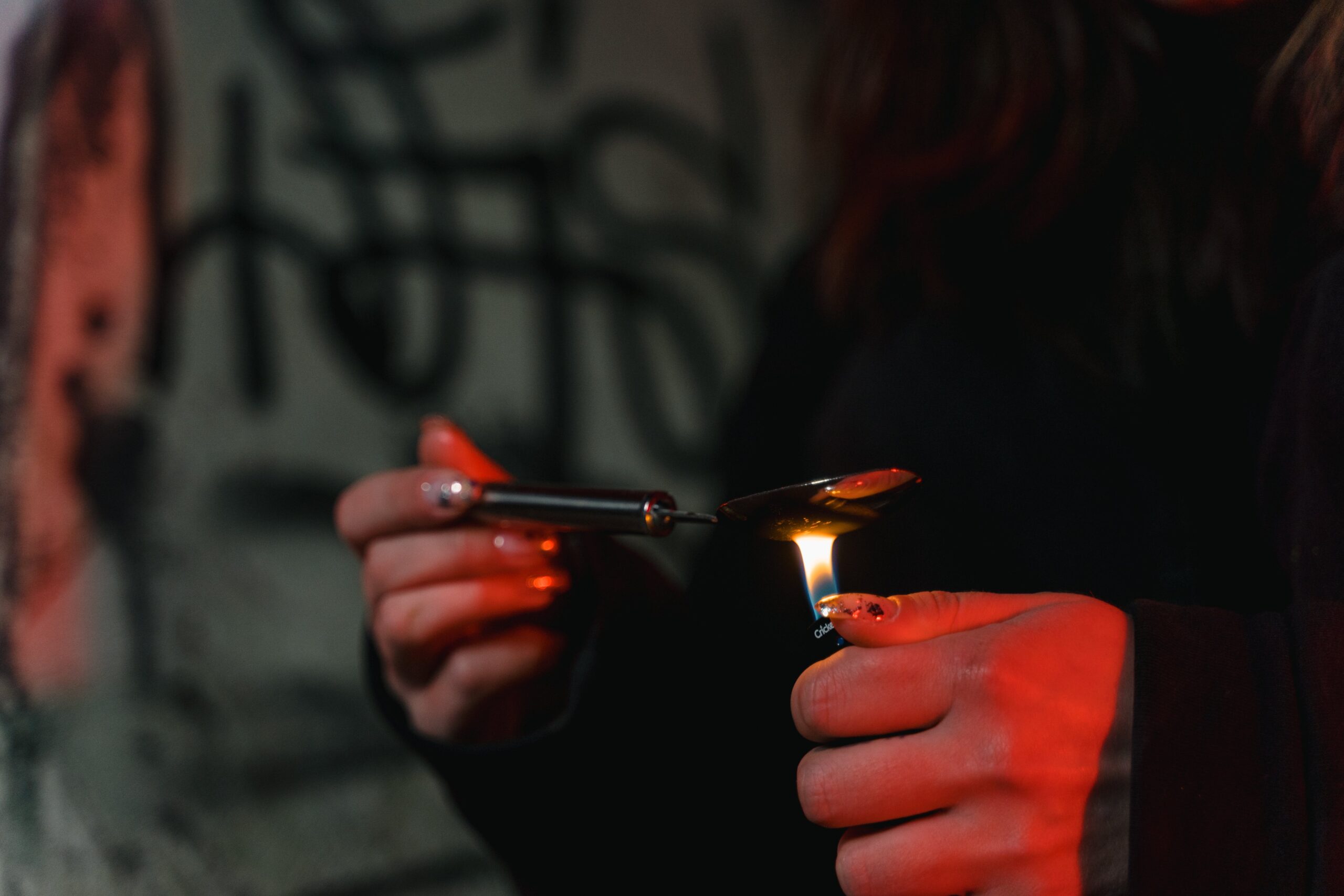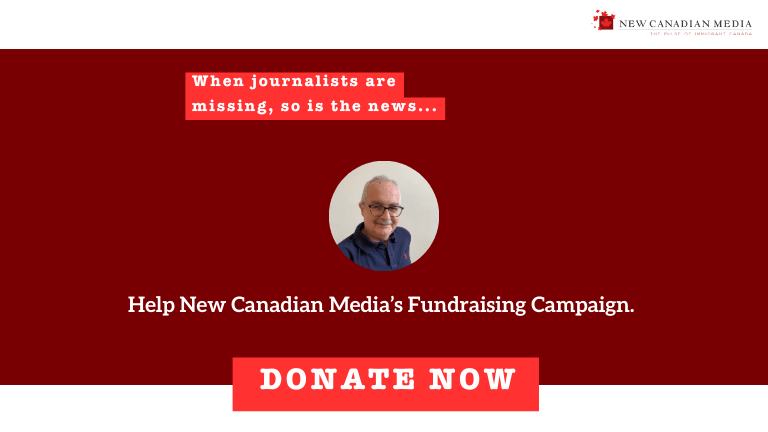As the country’s Muslim numbers grow, one Ontario-based charity says they are facing the same risks of addiction-related mental health challenges and alcoholism as the rest of Canada’s population.
That would mean 20 per cent of Canadian Muslims are at risk, according to Penny Canada, a community service organization. At the same time, Muslims are less likely to use mental health services which community organizations are trying to change.
Canada’s Muslim population more than doubled from 2001 to 2021, according to the 2021 statistics. Muslims now make up 4.9 per cent of the country’s population, compared to two per cent in 2001, largely due to immigration. As the community grows, the number of those who consume alcohol or use substances has also increased, even though the religion strictly prohibits their consumption.
Based on the 2022 UN Office on Drugs and Crime report, some 284 million people aged 15-64 used drugs worldwide in 2020. Many Islamic countries in the Middle East and North Africa have become hubs for drug trafficking and smuggling, yet they often do not disclose data regarding the rise in drugs use.

Jeand Raisi arrived in Canada from Balochistan, a province of Iran, in the early 1990s when he was five years old. Like many Muslim newcomers, he grappled with cultural conflicts within his family.
When he was 15, he said he was drawn to friends and classmates who encouraged him to smoke, drink and gamble.
He was 17 when he turned to drugs and alcohol, causing distress in the family. Because he acted against social norms, his parents were ashamed and kept Raisi’s alcoholism a secret.
“My family did not know how to support me because there was a cultural difference between my home life and social life outside of the home,” he said. “I was a first-generation Muslim assimilating into Canadian society and culture which caused an identity crisis internally.”
In 2018, Raisi’s 20-year substance abuse crisis reached its peak when his roommate overdosed in their apartment, causing mental and financial hardship, leading to job loss and eviction.
“I had a great upbringing at home, with a great mother and father who never gave up on me and forgave me for all my faults along with great siblings who also loved me, especially through my trials and tribulations,” said Raisi, who is now 35.
“Muslims are at risk”
Sharena Khan, CEO and founder of Surrey-based Muslim Community Care Foundation, said many Muslims, especially women, may be hesitant to share their addiction stories due to cultural, religious and societal pressures, such as stigma, shame and gender expectations.
“This reluctance can be exacerbated by a lack of culturally sensitive support services and internalized feelings of guilt or self-blame,” Khan said.
There are a number of Muslim foundations and charity organizations in Canada that have established awareness outreach programs to educate Muslim communities about alcoholism, drug addictions and mental health.
Dr. Ahmed Hassan, associate scientist in the addictions division and psychiatrist at the Centre for Addiction and Mental Health, said he organized seminars about evidence-based addiction treatment inside mosques that significantly reduced stigma surrounding substance use disorder among Canadian Muslims.
Ahmed said there are several reasons why addiction stigma is so prevalent in Muslim communities, including “misconceptions or limited awareness about mental health services, and fears that treatment will be disclosed to employers. Beliefs that addiction is shameful and should not be discussed outside of families, and seeing addiction through a religious lens as a sin.”
He said a survey following the seminars found that 47 per cent of participants wanted to learn more about addiction science. As well, 63 per cent expressed feeling more motivated to assist family or friends coping with substance use disorder.
Khan said her organization has helped about 35 people with addiction to alcoholism and is currently helping several more issues in the community between the ages of 16 and 35.
She said their clients are mostly referred by family members.
“We ensure smooth and efficient referrals with both organizations, and we communicate and collaborate on clients’ care plans,” she said. “This may involve case conferences, joint meetings, or shared electronic records to keep both parties informed about clients’ progress and any changes in their care plans.”
Shakeel Khan, an educator and addictions counsellor based in Surrey, has been working with more than 100 clients — students and private clients.

Khan said a little more than half of his clients have found recovery, but he is unhappy with the increased rate of alcoholism and addictions among Muslims.
“They are at risk,” he said.
Khan said he uses an integrated approach including Islamic fundamentals and psychology.
“With Muslim community care, we are a mental health and addictions non-profit organization that supports those in need of harm reduction,” he said.
“Where mental health is stigmatized it is important to connect on terms that they understand. By doing this, the best relationship can be built to better help out the community.”
Ali is a 25-year-old who came to Canada from the Middle East in 2019. While he came with a pocketful of goals and dreams — studying, working hard, and exploring Canadian culture — it all faded away when he started trading electronics and appliances with people who used drugs in order to pay for his own addictions.
Ali (which is not his real name as he fears the impact his story would have on his family relationships) began with the experimental use of a recreational drug in social gatherings, which became more and more frequent. He said he changed his job several times and borrowed money from his friends and even from his family back home.
“Loneliness and stress were the two crucial reasons I started drinking and using drugs,” Ali said.
Inspiration, Innovation, and Inclusion is the theme for this year’s National Addictions Awareness Week from Nov. 19 to 25. Organized by the Canadian Centre on Substance Use and Addiction, this week brings attention to ways to address substance use harms.
Some Muslim Imams and leaders focus on aspects such as sin, shame, and social disruption, rather than on acceptance and forgiveness in the community.
Raisi knows people struggling with addiction need help and kindness.
“Families need to be kind to their addicted children and understand they have health issues and have inner problems,” he said.
Diary Marif is an Iraqi Kurdish journalist based in Vancouver, Canada. His writing has appeared in the Awene weekly, Livin, and on KNNC TV as a documentary researcher by the name Diary Khalid. Diary earned a master's degree in History from Pune University, in India, in 2013. He moved to Vancouver in 2017, where he has been focusing on nonfiction writing. He can be found on Twitter: @diary_khalid.



